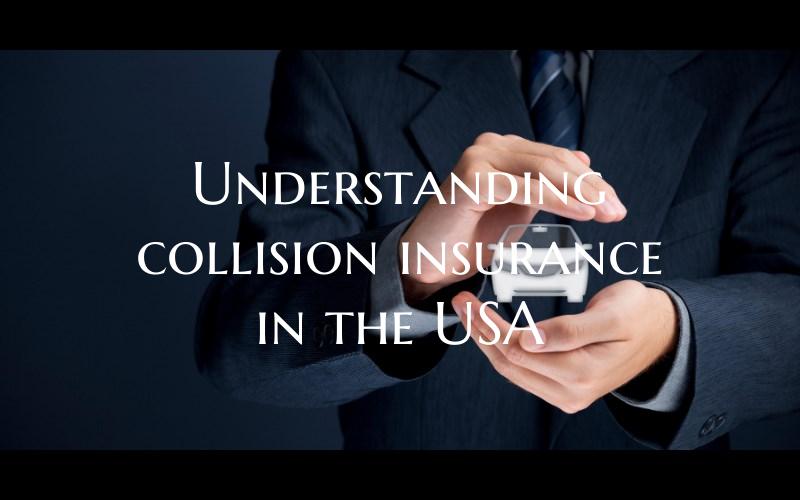Collision insurance is an essential component of auto insurance policies in the United States, providing coverage for damage to your vehicle resulting from a collision with another object or vehicle. This coverage is optional but highly recommended, especially if you want to protect your vehicle in case of an accident.
Key Points to Understand about Collision Insurance: 1. Coverage: Collision insurance typically covers the cost of repairing or replacing your vehicle if it is damaged in a collision, regardless of fault. This can include accidents with other vehicles, stationary objects such as poles or fences, or even single-vehicle accidents like rolling over.
2. Deductible: When you purchase collision insurance, you will choose a deductible amount, which is the out-of-pocket expense you agree to pay before your insurance coverage kicks in. Lower deductibles usually lead to higher premiums, while higher deductibles result in lower premiums.
3. Vehicle Value: The coverage amount for collision insurance is usually based on the actual cash value of your vehicle at the time of the accident. It’s important to consider the age, make, model, and condition of your vehicle when determining the coverage amount you need.
4. Comprehensive Coverage: Collision insurance is often paired with comprehensive coverage, which provides protection for incidents not related to collisions, such as theft, vandalism, or natural disasters. Together, collision and comprehensive coverage provide more comprehensive protection for your vehicle.
5. Requirements: While collision insurance is not legally required in most states, if you have a loan or lease on your vehicle, the lender or lessor may require you to carry collision coverage until the loan is paid off to protect their financial interest in the vehicle.
6. Claims Process: In the event of a collision, you will need to file a claim with your insurance company to receive coverage for the damages. Be prepared to provide details about the accident, including when and where it occurred, as well as any relevant documentation, such as photos or police reports.
Understanding collision insurance in the USA is crucial for protecting yourself and your vehicle in the event of an accident. By considering the coverage options, deductibles, and requirements, you can make an informed decision about whether collision insurance is right for you and your vehicle. Be sure to review your policy carefully and consult with your insurance provider to ensure you have the coverage you need.

